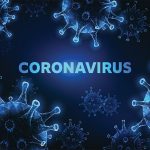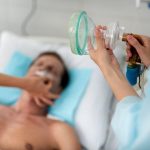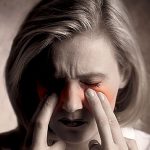
Previous coronavirus infections might prime the immune system to fight the new coronavirus that causes COVID-19, a new study suggests. There are numerous types of coronaviruses, including many harmless ones that cause mild upper respiratory infections similar to the common cold. Besides SARS-CoV-2 — the virus that causes COVID-19 — other deadly coronaviruses include MERS-CoV, which caused a 2012 outbreak in Saudi Arabia of Middle East respiratory syndrome, and SARS-CoV-1, the first pandemic coronavirus that caused the 2003 severe acute respiratory syndrome (SARS) outbreak. The authors of the new study investigated how coronaviruses affect the human immune system and also took a closer look at the workings of the antibody response. “Our results suggest that the COVID-19 virus may awaken an antibody response that existed in humans prior to our current pandemic, meaning that we might already have some degree of pre-existing immunity to this virus,” said study senior author John Altin. He’s an assistant professor in the infectious disease branch at the Translational Genomics Research Institute, in Flagstaff, Ariz. The findings could help scientists develop new diagnostic techniques and treatments, assess the effectiveness of convalescent plasma, and design new vaccines or monoclonal antibody therapies that can protect against mutations that may occur in the COVID-19 virus, according to the researchers. The study was published Jan. 19 in the journal Cell Reports Medicine. “Our findings… read on > read on >






















-300x200.jpg)










